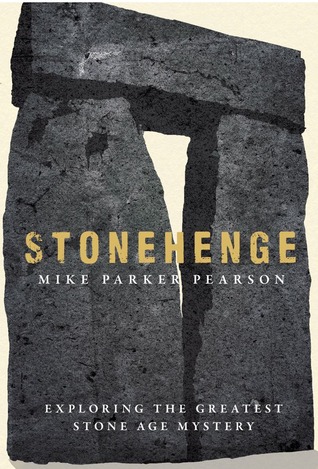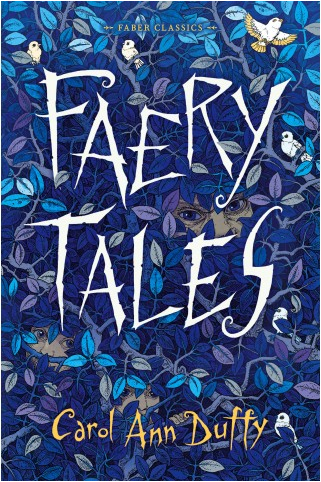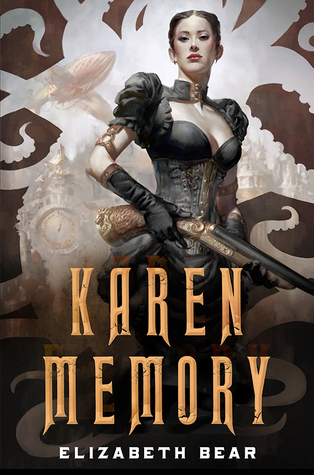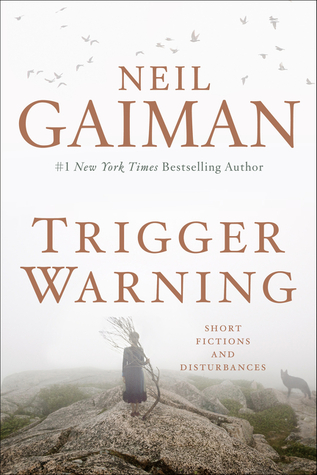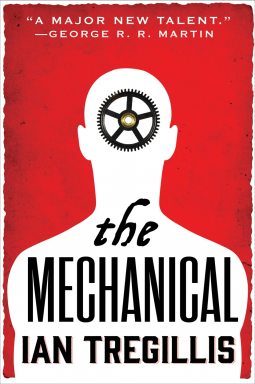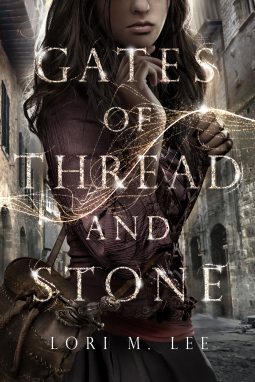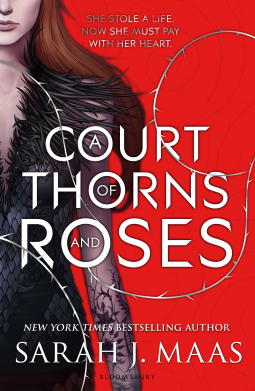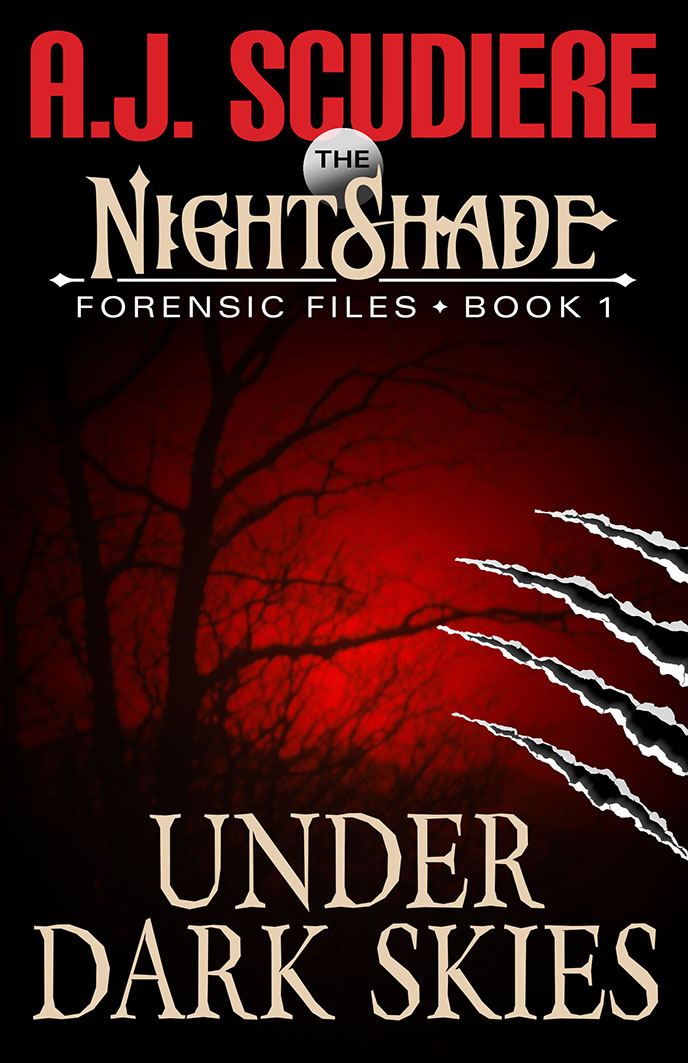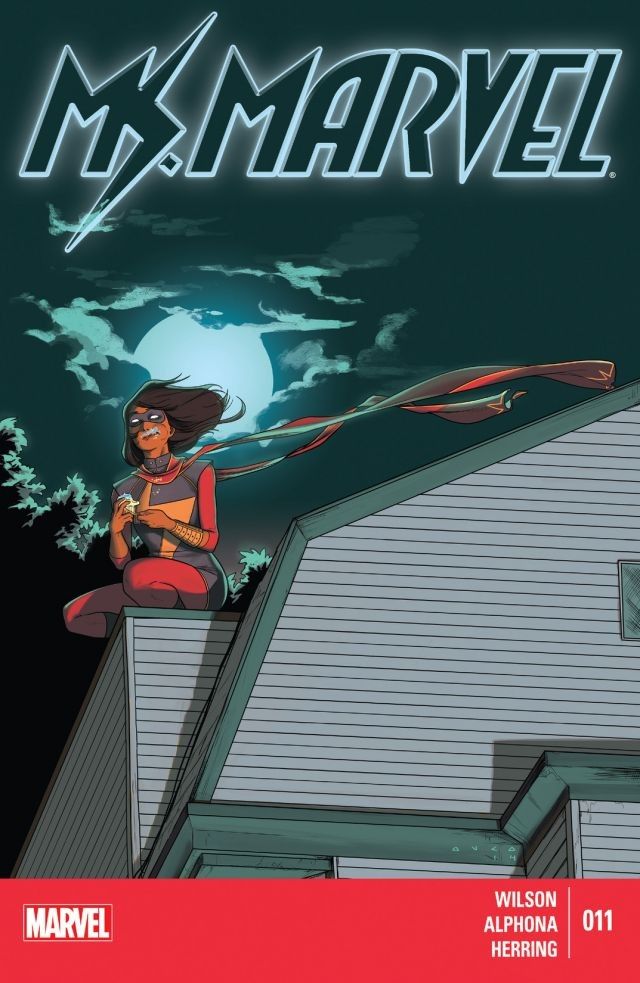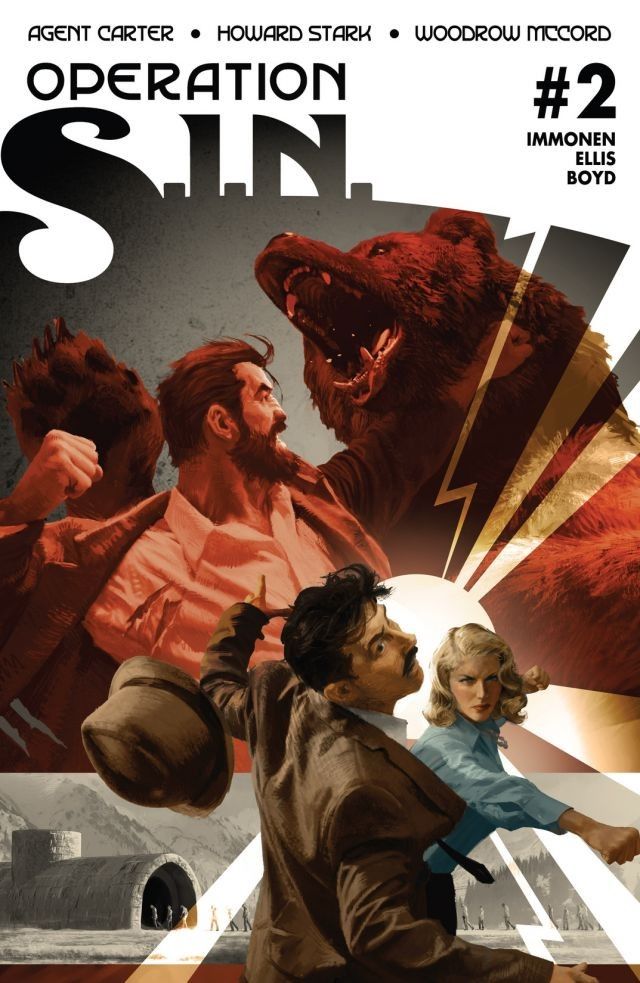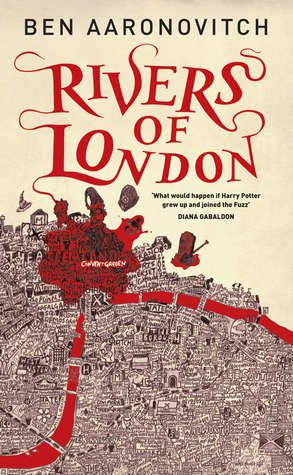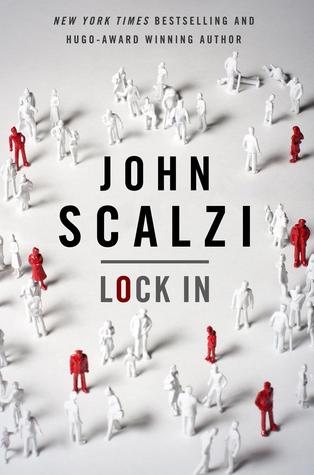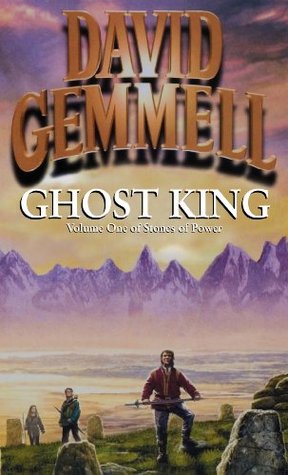This week’s theme from The Broke and the Bookish is ‘Top Ten Things I Like/Dislike When It Comes To Romances In Books’.
Top Five I Like:
- Intensity. I like to see some give and take. The ability to say ‘you’re wrong’, yell at someone, and still have them respect you.
- Communication. Talk. To. Them. (The flipside, miscommunication, tends to really embarrass me — I’m easy to embarrass.)
- Forbidden love. Actually, this has to be done right, but I spent most of my academic study on Lancelot and Guinevere, Tristan and Isolde. Rosalind Miles’ take on both failed for me, but Steinbeck did Lancelot and Guinevere in a lovely way, and I’ve played with both stories in my own writing.
- “I see who you really are.” The classic is, of course, Beauty and the Beast.
- Equal partnership. Sir Gawain and Dame Ragnelle might not be the most popular couple in the Arthurian canon, but they’re my favourite by far. Challenged to tell another knight what women want most or be killed, Arthur flounders. A really ugly woman comes to court and says she will give the answer — if Sir Gawain marries her. He says yes, of course, and she gives the answer that saves Arthur’s life: “sovereignty”, the power to choose for oneself, is what women most want. So the wedding goes ahead, but on their wedding night, Ragnelle turns out to be a beautiful young maiden. She asks Gawain whether he would rather she be a beautiful woman in the daytime, when everyone can see her, or at night, when only he can. He lets her choose — which breaks the whole spell she’s under, because he has given her “sovereynté”. It’s maybe the most equal partnership in Arthurian literature, because it’s not from courtly literature where a knight is supposed to worship his lady, and yet it still gives power to the female partner, and shows him respecting her.
Top Five I Dislike:
- “You are a precious little flower and I will protect you.” Enough said.
- Stalking = love. Just say no.
- Keeping secrets. I guess that’s often related to #1, but yeesh, come on, be honest. (Circumvented if this has consequences, though. Like in The Forgotten Beasts of Eld.)
- Insta-love. Still needs saying, apparently. Which is actually where people fall down for me even if the things I mentioned above are alright!
- “I’m too low/high in station to marry you.” This can be played well (come on, I like Jane Eyre), but after a certain era, the class implications become too awful.
And if you’re really curious, you can read ‘The Wedding of Sir Gawain and Dame Ragnelle’ for yourselves here; someday I will both translate the original into modern English, and write my own novel based on it, if I get all my dreams.


